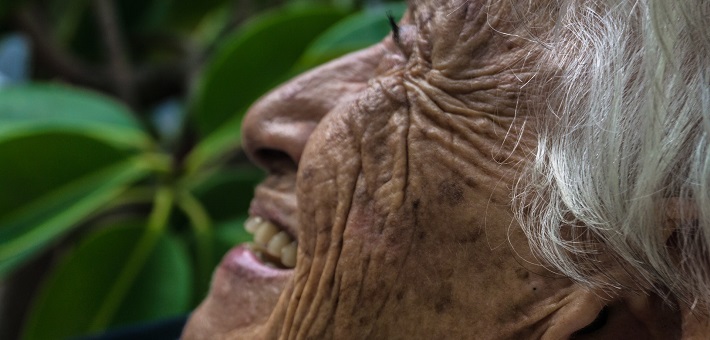Commentary on Ruth 3:1-18
Week 3: August 28, 2022
Preaching text: Ruth 3:1-18; accompanying text: Matthew 7:7-8
Ruth 3: Daring to Act
Sometime later, Naomi takes matters into her own hands. She instructs Ruth, “Now wash and anoint yourself, and put on your best clothes and go down to the threshing floor; but do not make yourself known to the man until he has finished eating and drinking. When he lies down, observe the place where he lies; then, go and uncover his feet and lie down; and he will tell you what to do” (Ruth 3:3-4).
A few things to note about this chapter:
- Yes, “feet” sometimes are a euphemism in the Bible. But “feet” are also sometimes just feet and there’s no way to know for sure what’s meant in this passage. In any case, there are obviously some sexual overtones to this chapter. Ruth comes to Boaz by night at the threshing floor. She lies down beside him, uncovering some part of his body. She spends the night there and leaves before dawn. On the other hand, it must be noted, there’s no explicit mention of sexual relations here (as there is, for instance in 4:13). Some things are best left to mystery.
- The more important matter has to do with the boldness and integrity exhibited by both Ruth and Boaz.1 Naomi says, “uncover his feet and lie down; and he will tell you what to do” (insert knowing laughter here). But, in fact, when Boaz wakes up in surprise to discover a woman lying beside him, it is she who tells him what to do: “I am Ruth, your servant; spread your cloak over your servant, for you are next-of-kin (goel)” (3:9). To “spread one’s cloak” over a woman is to marry her. Ruth, in other words, proposes to Boaz! And she calls him to fulfill his duty as the goel. A goel is a close male relative who is obligated in Israelite law to redeem his kin who have fallen onto hard times (Leviticus 25:25, 35-38, 47-49).2
- Boaz promises that he will do all that Ruth asks. Her faithfulness to her mother-in-law is matched by Boaz’s own faithfulness. And, it is worth noting, this foreign widow mirrors God’s own faithful love, God’s hesed. Boaz says, “May you be blessed by the LORD, my daughter; this last instance of your loyalty (hesed) is better than the first; you have not gone after young men, whether poor or rich” (Ruth 3:10). Ruth has chosen (apparently older) Boaz and they find new life in each other.
Love and faithfulness abound, as much as the piles of grain at the threshing floor, and blessings overflow into the lives of those who once were empty.
Notes:
1 Note that both Ruth and Boaz are referred to as people of integrity. Boaz is introduced in the narrative as an esh gibor hayil (a powerful man of integrity) in 2:1, and he pronounces the community’s opinion of Ruth as an eshat hayil (a woman of integrity, a worthy woman) in 3:11. The latter phrase is also used of the ideal woman/wife in Proverbs 31:10, which in the Jewish ordering of the Hebrew Bible immediately precedes the story of Ruth.
2 The law of levirate marriage is also being evoked here, the law that instructs a man to marry his brother’s widow if the dead brother had no children (Deuteronomy 25:5-6).


August 28, 2022